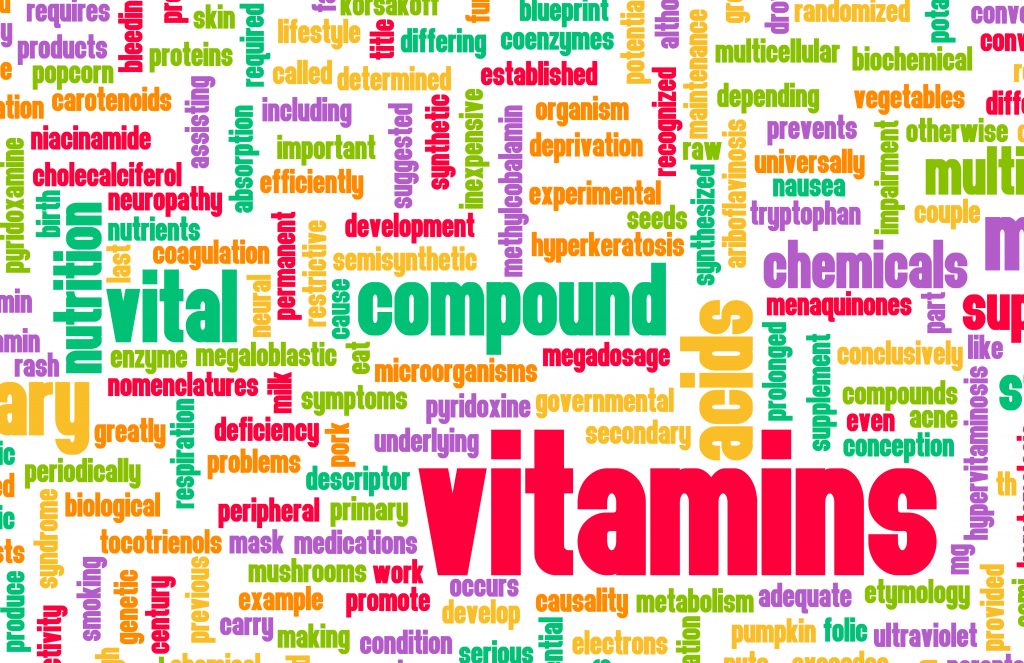The Virus Series, Part 3: Supplement for a Virus Infection

Ready To Know More?
FREE 30-min Practice Analysis Call for Clinicians
** Please note: If you want the longer version of this article with full details, then please click here **
Vitamins and minerals are powerful substances and deciding how much of any given supplement to take is a very individualized decision. It should ideally be done with the guidance of a qualified functional medicine practitioner based on individual circumstances and testing.
Vitamins for Virus Infection
Vitamin A is a fat-soluble vitamin essential for proper immune function and plays a role in both cellular (T-cell mediated) and humoral (B-cell mediated) immune responses (Huang Z, 2018).
- Foods rich in vitamin A include liver, cod liver oil, and salmon.
- The Recommended Dietary Allowance (RDA) for men and women is 900 and 700 μg retinol activity equivalents (RAE) per day, respectively.
Vitamin C: vitamin C is a water-soluble vitamin and plays numerous roles in healthy immune function and viral resistance.
- The top food sources of vitamin C include guavas, bell peppers, kiwifruit, strawberries, oranges, papayas, broccoli, tomatoes, kale, and snow peas.
- The RDA for vitamin C is 75 mg for females and 90 mg for males, though this is the amount needed to prevent deficiency and scurvy, not the amount needed for optimal health.
- We often recommend 500-2,000mg per day and feel this can be safely maintained over a long period of time without blood testing or practitioner monitoring.
- Liposomal vitamin C may have higher absorption and cellular uptake due to the liposomal coating.
Vitamin D is a fat-soluble vitamin (technically a steroid hormone) and is crucial for optimal immune function. The vitamin D receptor (VDR) is expressed on immune cells (B-cells, T-cells and antigen presenting cells) (Aranow C, 2011), demonstrating its importance regarding the immune system.
- The best source of vitamin D is sunlight, though this becomes difficult to obtain in some locations and during certain times of the year. Food sources are scarce, but include cod liver oil, oily fish, and egg yolks. A good quality supplement is often the best source of vitamin D. Remember to look for D3 and not D2 (which is the synthetic form and much less effective).
- Intake of vitamin D should be primarily based on blood testing, so get a baseline vitamin D level before starting supplementation.
Zinc is an essential mineral involved in the activity of at least 100 enzymes in the body and is vital to proper immune function. It is essential for the development and function of natural killer cells, T-cells, and B-cells (Prasad A. S., 2008).
- Foods high in zinc include red meat (make sure its grass-fed/finished and organic!), oysters, nuts, and seeds.
- For a systemic effect, zinc can be taken orally. For a more localized influence in the throat, there is evidence suggesting that zinc lozenges are effective in reducing the impact of upper respiratory infections and inhibiting viral replication.
- For ongoing intake, 10-15mg per day is a good starting dose for orally ingested supplemental zinc.
- A good test for zinc is a red blood cell (RBC) zinc level. This can be more accurate than a serum level as it is a better indicator of how much zinc may be getting inside cells.
Magnesium has multiple key roles in immune function, including as a co-factor for immunoglobulin synthesis (Tam M, 2003) and for proper function of T and B cells.
- A vital aspect of magnesium in immune function is its role in converting the storage form of vitamin D (25(OH)D) into the active form of vitamin D (1,25[OH]2D).
- Good food sources of magnesium include dark leafy greens, seeds, beans, fish, nuts, and dark chocolate.
- The RDA for magnesium intake in adults is between 310 mg and 420 mg (depending on age and gender).
- Depending on diet and amount from food, 150-300 mg can be a reasonable dose of supplemental magnesium.
- Magnesium glycinate and malate are the preferred forms that we use in the clinic.
Multi-vitamin/Mineral for Virus Infection
Our general preference over a multi-vitamin is to instead take a good quality B complex with methylated forms of B12 and folate (such as B Activ by Xymogen), a multi-mineral with good forms of minerals and ratios (such as MinRex by Xymogen), a cod liver oil supplement for vitamin A, a vitamin C with bioflavanoids supplement or liposomal vitamin C supplement, and if needed based on bloodwork, a vitamin D with K2 supplement.
Though basic, optimizing intake, form, and physiological levels of specific vitamins and minerals has been shown to have a foundational and potent effect on immune health and viral resistance.
In part four of this series, we will dive into how plant extracts, amino acids, and peptides can benefit the immune system, promote viral resistance, and keep us healthy.
Want to learn functional medicine? We have an online training course and train doctors and clinicians all over the world. Learn more about our functional medicine school HERE.
If you are a clinician and have questions about our program, please click the button on the left below to book a call with him. If you are looking for help with your health, please visit our clinic site below.

